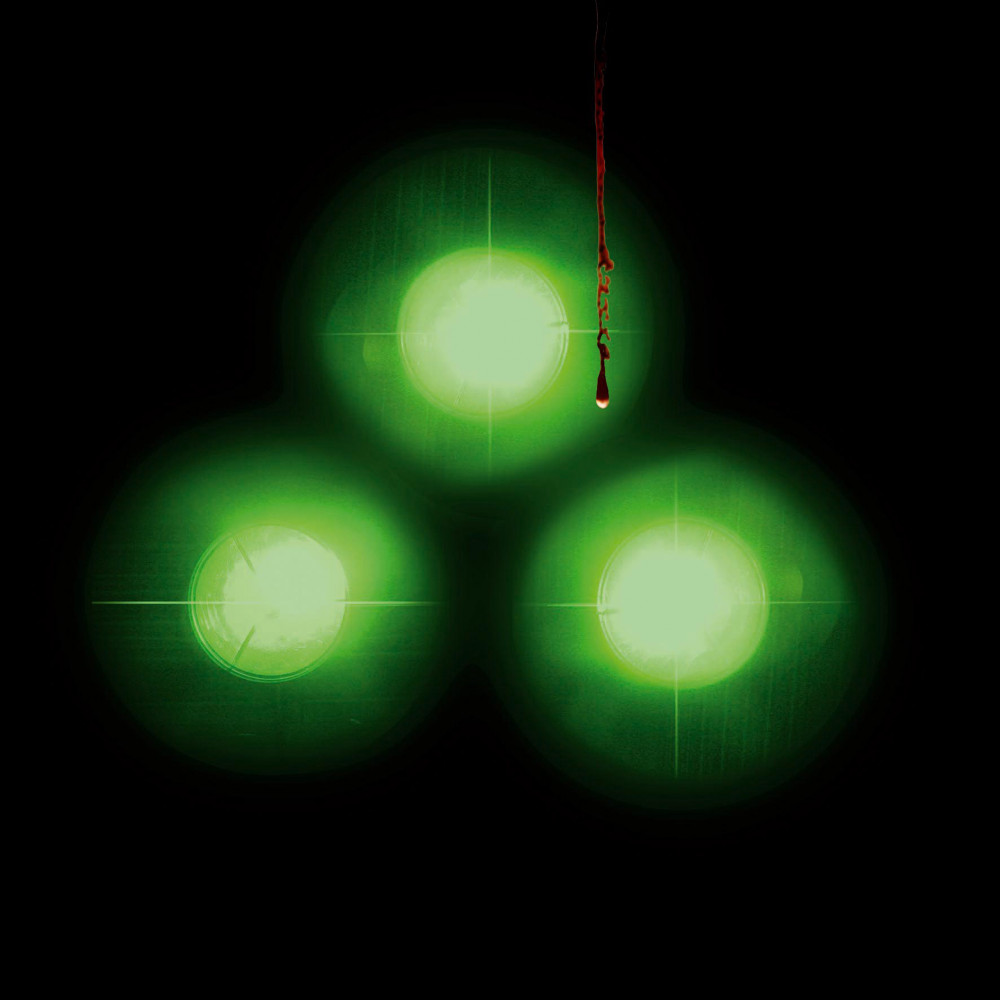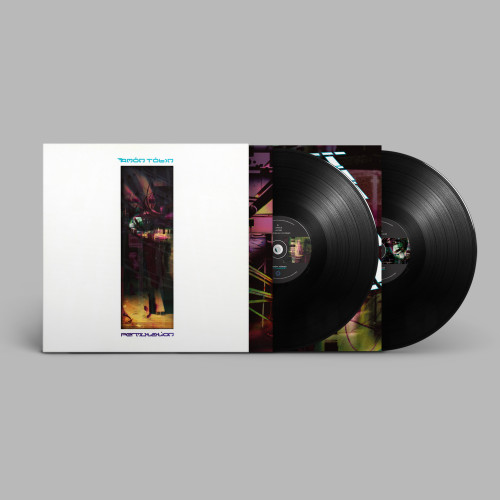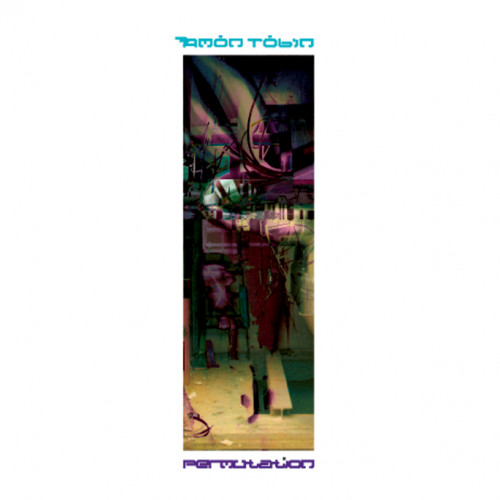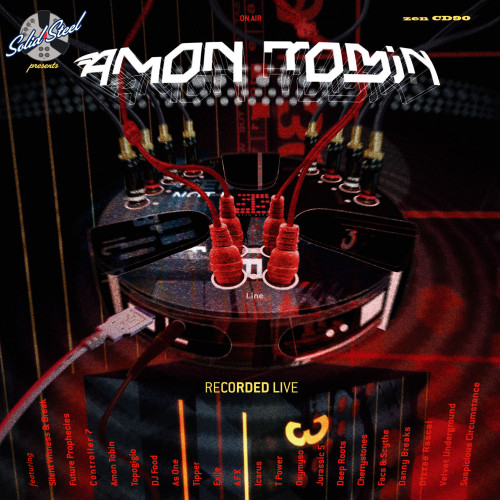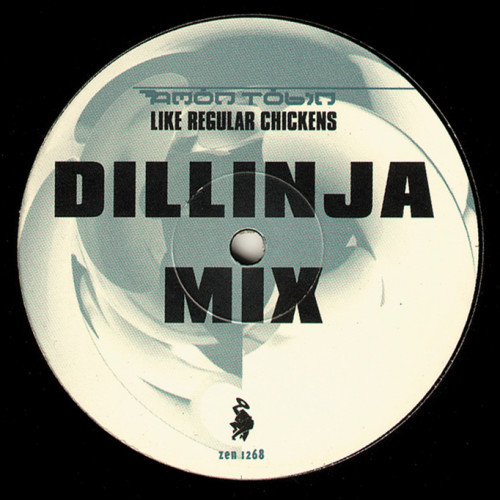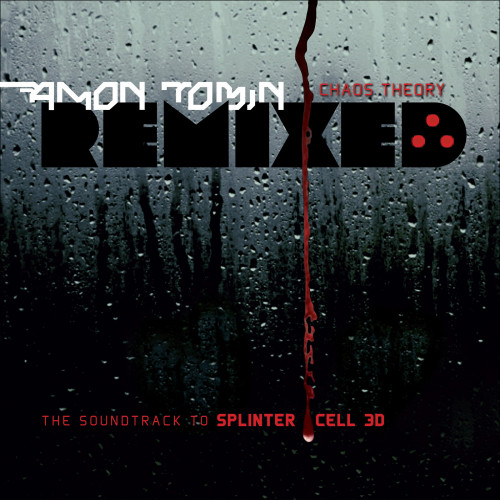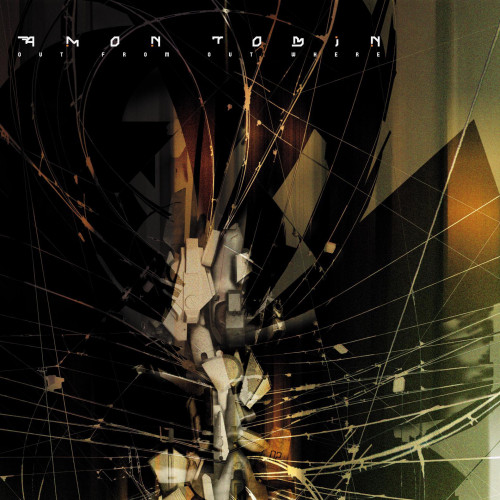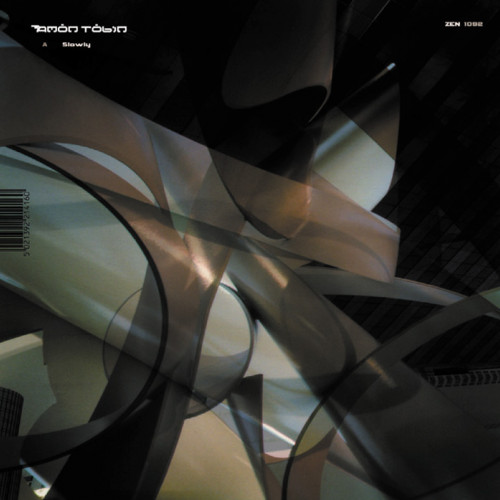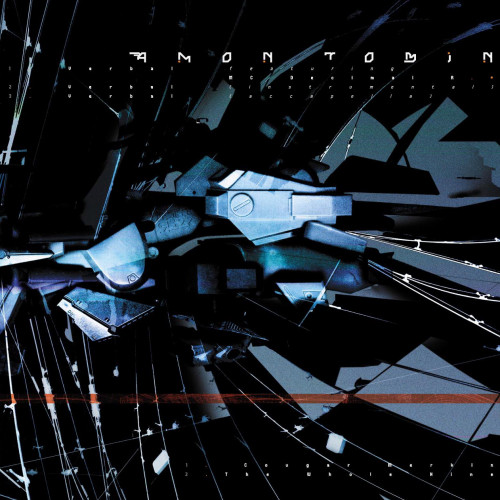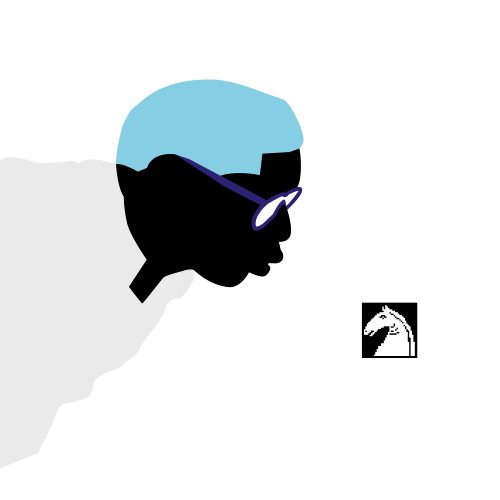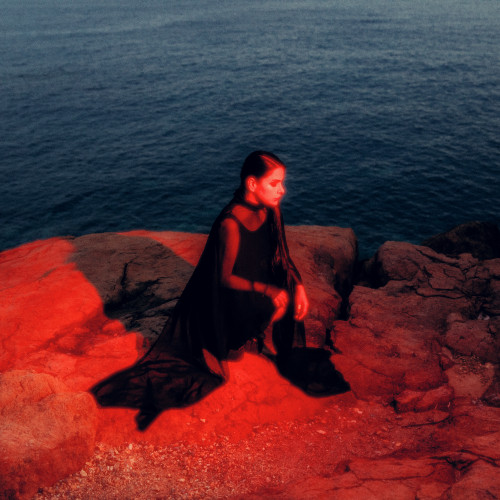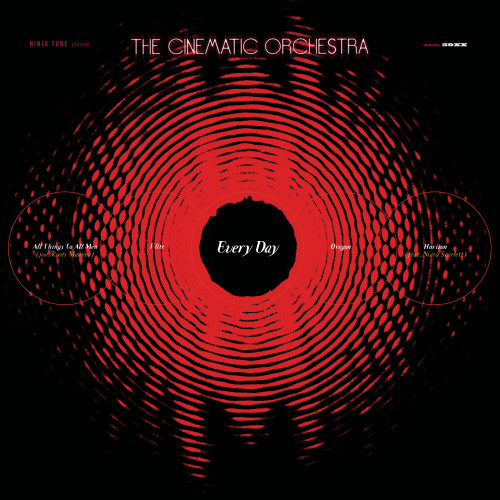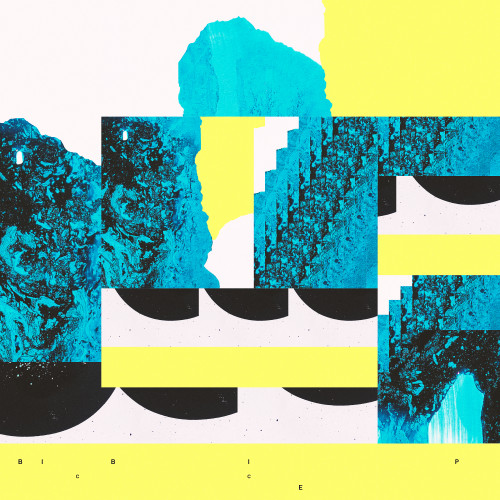Chaos Theory
by Amon Tobin
— Released 18th January 2005
Apparently, the computer games industry now has a higher turn over than Hollywood. So it should be no surprise that for the third installment of the 'Splinter Cell' series of games, makers Ubisoft decided that they wanted something more than your standard mixture of unrelated pop tunes or crappy 'atmosphere' music made by a one-fingered failed musician and a Fisher Price synth. Instead, they called for submissions from the cream of the film world and beyond, ‘auditioning’ such famous name...
Apparently, the computer games industry now has a higher turn over than Hollywood. So it should be no surprise that for the third installment of the 'Splinter Cell' series of games, makers Ubisoft decided that they wanted something more than your standard mixture of unrelated pop tunes or crappy 'atmosphere' music made by a one-fingered failed musician and a Fisher Price synth. Instead, they called for submissions from the cream of the film world and beyond, ‘auditioning’ such famous names as Lalo Schiffrin.
In the end, they made a braver decision by employing none other than our very own Amon Tobin. And Amon, as you might expect, completely revolutionised what you might expect from humble 'games music'. As he himself put it, “I tried to write the music as if it was a score for a Dario Argento movie.” And whether you like Amon's music or not, no other game ever sounded like this. It's the first of its kind.
An electronic record made almost entirely from acoustic instruments, every sound was lovingly warped and re-warped, handcrafted and caressed before having thousands of volts shot through it for that trademark Amon adrenalin rush. And, for his first full length soundtrack, Amon tried to develop a unifying atmosphere rather than individual tracks, a genuine score. There are recurring, evolving themes and some clear nods to great film scorers of the past. As Amon put it, “it’s both an occasionally slightly camp homage to the great soundtrack composers and a humble attempt to create the genuine article.”
Possibly the first ‘proper’ videogame soundtrack to be released as an album in its own right (not just some shonky compilation), this is also a blinding record, another worthy addition to Tobin’s ever-developing catalogue… Get it before some blood-crazed, square-eyed sniper driven mad by too many hours with just a console for company turns your head into a dropped watermelon. You know it makes sense…
Chaos Theory
by Amon Tobin
— Released 18th January 2005
Physical |
|---|
| 2xLP (ZEN100) |
|
DVD (ZENDVA100UK)
DVD-A 5.1 Surround Sound |
| CD (ZENCD100) |
Tracklist
- CD
- DVD
- 2xLP
- MP3
- 16-bit WAV
-
1
The Lighthouse
-
2
Ruthless
-
3
Theme From Battery
-
4
Kokubo Sosho Stealth
-
5
El Cargo
-
6
Displaced
-
7
Ruthless (Reprise)
-
8
Kokubo Sosho Battle
-
9
Hokkaido
-
10
The Clean Up
-
Play All (10)
-
1
The Lighthouse
-
2
Ruthless
-
3
Theme From Battery
-
4
Kokubo Sosho Stealth
-
5
El Cargo
-
6
Displaced
-
7
Ruthless (Reprise)
-
8
Kokubo Sosho Stealth
-
9
Hokkaido
-
10
The Clean Up
-
Play All (10)
-
1
The Lighthouse
-
2
Ruthless
-
3
Theme From Battery
-
4
Kokubo Sosho Stealth
-
5
El Cargo
-
6
Displaced
-
7
Ruthless (Reprise)
-
8
Kokubo Sosho Battle
-
9
Hokkaido
-
10
The Clean Up
-
Play All (10)
Apparently, the computer games industry now has a higher turn over than Hollywood. So it should be no surprise that for the third installment of the 'Splinter Cell' series of games, makers Ubisoft decided that they wanted something more than your standard mixture of unrelated pop tunes or crappy 'atmosphere' music made by a one-fingered failed musician and a Fisher Price synth. Instead, they called for submissions from the cream of the film world and beyond, ‘auditioning’ such famous name...
Apparently, the computer games industry now has a higher turn over than Hollywood. So it should be no surprise that for the third installment of the 'Splinter Cell' series of games, makers Ubisoft decided that they wanted something more than your standard mixture of unrelated pop tunes or crappy 'atmosphere' music made by a one-fingered failed musician and a Fisher Price synth. Instead, they called for submissions from the cream of the film world and beyond, ‘auditioning’ such famous names as Lalo Schiffrin.
In the end, they made a braver decision by employing none other than our very own Amon Tobin. And Amon, as you might expect, completely revolutionised what you might expect from humble 'games music'. As he himself put it, “I tried to write the music as if it was a score for a Dario Argento movie.” And whether you like Amon's music or not, no other game ever sounded like this. It's the first of its kind.
An electronic record made almost entirely from acoustic instruments, every sound was lovingly warped and re-warped, handcrafted and caressed before having thousands of volts shot through it for that trademark Amon adrenalin rush. And, for his first full length soundtrack, Amon tried to develop a unifying atmosphere rather than individual tracks, a genuine score. There are recurring, evolving themes and some clear nods to great film scorers of the past. As Amon put it, “it’s both an occasionally slightly camp homage to the great soundtrack composers and a humble attempt to create the genuine article.”
Possibly the first ‘proper’ videogame soundtrack to be released as an album in its own right (not just some shonky compilation), this is also a blinding record, another worthy addition to Tobin’s ever-developing catalogue… Get it before some blood-crazed, square-eyed sniper driven mad by too many hours with just a console for company turns your head into a dropped watermelon. You know it makes sense…

